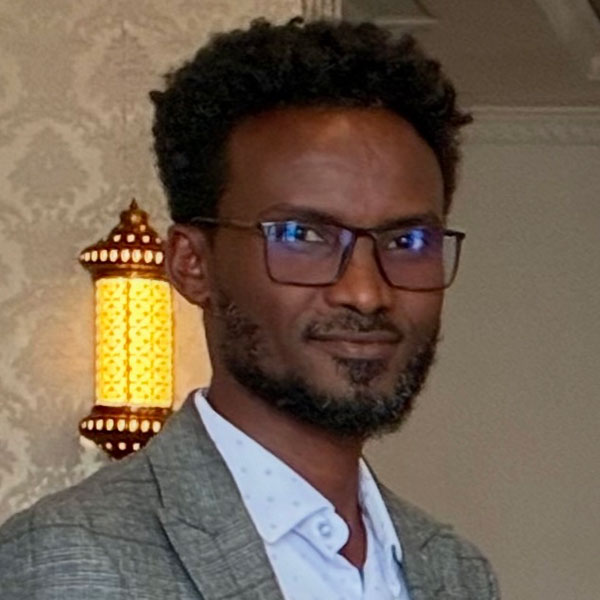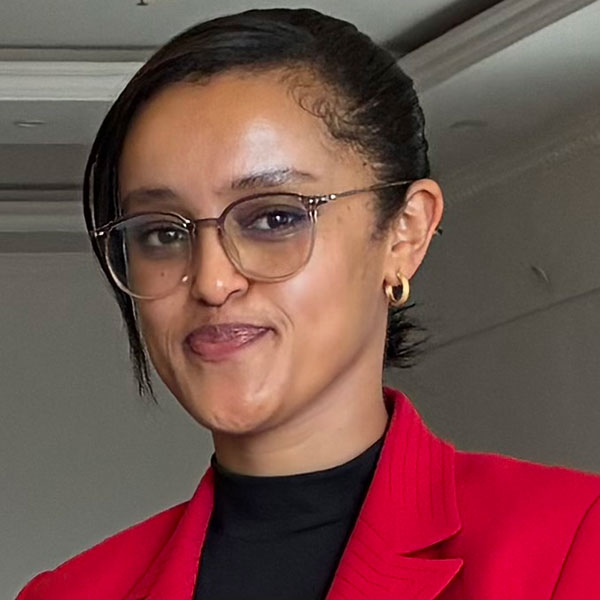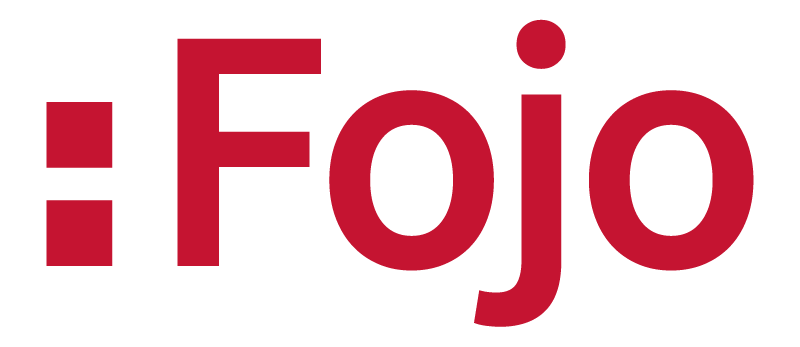Kibrom Abrehe was a field correspondent at Tigray TV during the 2020-2023 war in the north of Ethiopia. Reporting from a conflict zone was a harrowing but important experience for him. “We saw people dying. We captured that on video. We edited and re-edited the footage. It’s difficult to express the pain. It’s stayed with me,” he explains.

Kibrom is one of the participants in a Fojo pilot project, where journalism educators and journalists come together to develop an extra-curricular course on stress and trauma for journalism students across Africa. The workshop is a pilot project under AGILE, a global programme designed to strengthen independent journalism by showcasing innovations and tools that contribute to sustainable media development.
The Fojo pilot brings together educators and journalists from Ethiopia, Rwanda, Tanzania and Somalia to explore how stress and trauma can be addressed to better prepare future journalists for the profession. Journalists often find themselves on the frontline of covering dramatic accidents, natural disasters and armed conflict. Witnessing and reporting on those events affects the psychological wellbeing of journalists, while the profession can also cause stress due to tight deadlines, poor salaries and ethical dilemmas.
“This workshop is important for journalists. They’re witnessing problems every day that can cause stress and trauma. It’s important for their safety and well-being to understand what kind of problems they’re going through,” explains Abdulkadir Mohamed Diesow, Dean of the Faculty of Social Sciences at Somali National University in Mogadishu.
Traumatic experiences can dehumanise

During the workshop, Dr. Eyerusalem Solomon, a psychiatrist from Addis Ababa University, gave a lecture on the psychological mechanisms of stress and trauma, coping strategies and self-care tools. She explained that traumatic experiences can dehumanise, shock, terrify, and shatter trust, thus disrupting normal information processing in the brain and shifting control from the rational prefrontal cortex to emotional and reactive survival systems. Journalists must develop tools to recognise symptoms of stress or trauma, employ a self-care strategy, and ensure means of maintaining their health and wellness.
Andrew Onsongo from East African University in Rwanda worked as a broadcast journalist before teaching. “I didn’t have awareness of stress and trauma when working, but now I can look back at moments when I felt low and link it to work pressure, little and irregular pay, and appreciate the role of stress in my life. I notice it among students that are practicing journalists. They miss exams, they have big workloads and face economic pressures. Students need to learn how to cope with this.”
Kibrom from Tigray TV was able to find ways of coping with the trauma he experienced. “My main mechanism of recovery was talking about it. I was able to discuss with my friends and colleagues. I couldn’t carry it on my own. Not everyone listens the same way but it’s important to share. Listening to others share their stories makes me reflect on my own life.”
The importance of peer support
Peer support is another important tool, especially when dealing with collective trauma. Dr. Eyerusalem said that talking and giving support to each other can build safety, trust, and validate the pain people feel. This is especially crucial in resource-limited areas, where access to psychological services is scarce.
The extra-curricular course will be the first of its kind in the journalism schools taking part in the pilot project. Several in the workshop mentioned that journalists are leaving the profession due to stress, highlighting the importance of offering them support as early as possible.
While the stress and trauma that journalists experience in Ethiopia, Rwanda and Somalia may be similar, the coping mechanisms can differ culturally. In the following months, the journalism educators will contextualize the course to their own countries and cultural contexts. Once implemented, future journalists can hopefully learn how to protect themselves from psychological trauma.
“Journalists need more than press cards and cameras. We need to build solidarity, network with CSOs, find ways of support. We need tools that will build our resilience when out in the field,” says Kibrom.
Altogether 30 universities in 13 countries will be taking part in the Fojo activities under the AGILE project, which runs until 2028.
Hiwot Abebe is a freelance correspondent in Ethiopia.
About AGILE
- Co-funded by European Commission/Thematic Framework Partnerships for Human Rights and Democracy, DG INTPA
- Consortium members: ARTICLE 19, Fojo, Internews, Thomson Media, Transtélé Canal France International.
- Timeline: 2025-2028



